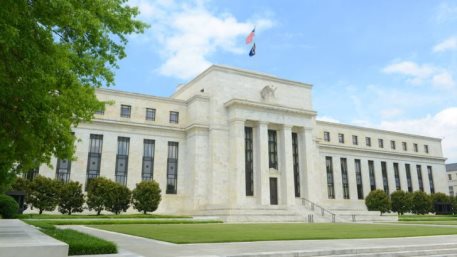
The global push by governments and private companies towards the development of a vaccine against the novel coronavirus, which has already affected millions of lives and put the global economy under enormous strain, is exposing the negative impact of populism on science.
The global pandemic, which is unequivocally a healthcare crisis with international proportions, is the primary cause of the crisis. Yet, various politicians and social commentators have hijacked the issue at hand to use it for their own gain – a common trait of populist dogma.
For instance, Brazilian President Jair Bolsonaro had previously dismissed the risks from the virus until contracting the SARS-Cov-2 pathogen himself. As a result of his reckless populist policies, Brazil is now the second-most affected country in the world. Yet, this is not the only example of muddled rhetoric.
Donald Trump's suggestion for people to inject themselves with disinfectant to kill the virus while inside the body ranks among the most outlandish and absurd comments on the coronavirus, alongside the claim that the virus is spread through 5G networks or that Bill Gates is planning to inject people with microchips via "his" vaccine.
While most rational people can easily dismiss such nonsense with a healthy dose of scepticism, we are all exposed to the indirect implications of similar populist and borderline idiotic statements.
A few days ago, media outlets started propagating the news that Russia has developed a vaccine against the virus, which was received with huge reservations by western scientists and media. The reason for scepticism comes from Russia's track record with the virus itself.
Previously, Vladimir Putin had downplayed the risks from COVID-19, arguing that Russia had remained relatively unscathed, which, according to the Kremlin, meant that the West had been overstating the threat. Subsequently, the number of cases started surging in Russia as well, which compelled Moscow to give a more serious thought on the underlying issue after its initial apprehension, similarly to Brazil.
Russia was subsequently accused by Britain of intellectual theft when Russian hackers were alleged to have stolen British research into the nature of the pathogen. The Kremlin dismissed the accusations, but there is no definitive answer as to who was telling the truth.
The truth lies obscured by murky rhetoric while Russia's sudden reversal of stance concerning the coronavirus crisis raises a lot of questions. Could Russian scientists really have developed a viable vaccine in such short notice, after the Kremlin had dismissed the danger just a few months ago?
The answer to this question should not be political. Instead, it should be scientific with political implications. The global populist agenda, which is proving to be quite unreliable, coupled with Russia's back and forward spats with the West, is turning this healthcare question into a political battleground.
The longer that scientific research continues to be obscured by political interests, the longer time would be needed for a vaccine to be developed. In the meantime, everybody is losing from the pandemic.
As regards the question of whether Russia has indeed succeeded in finding an answer to the most pressing problem faced by the world at present, both Russian and Western politicians should leave science to answer it. Otherwise, we might as well be drinking hand sanitizer.




















